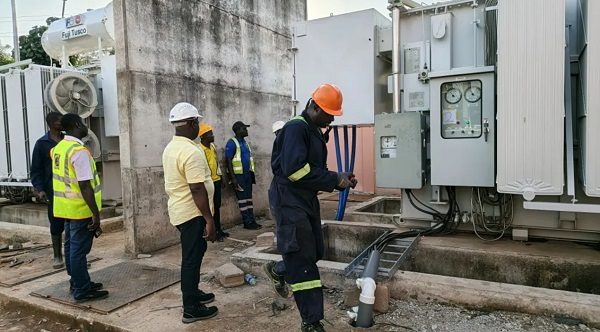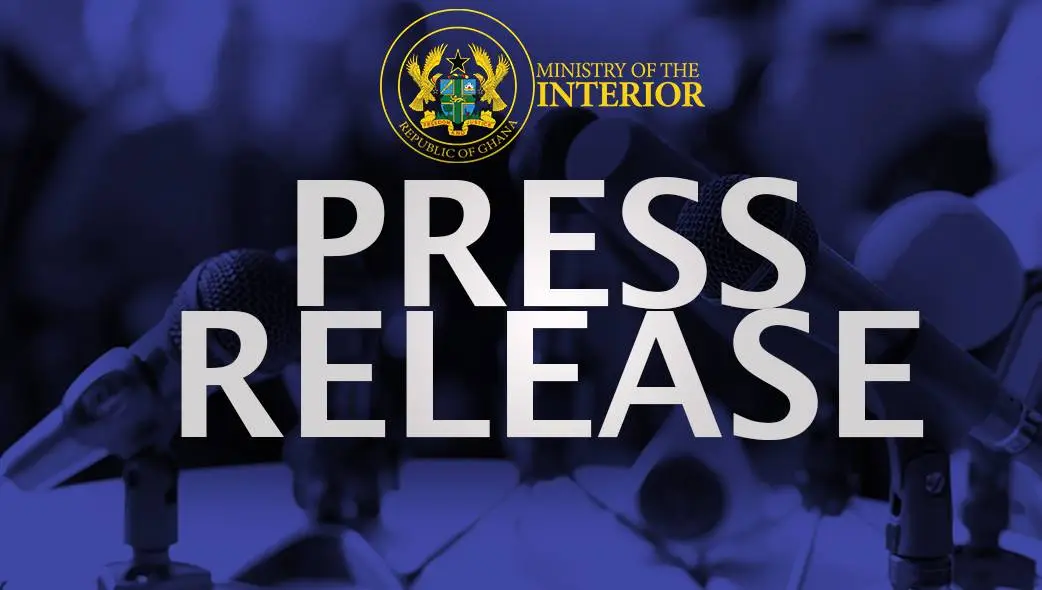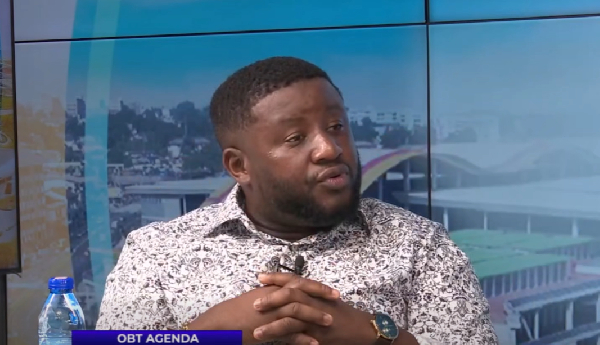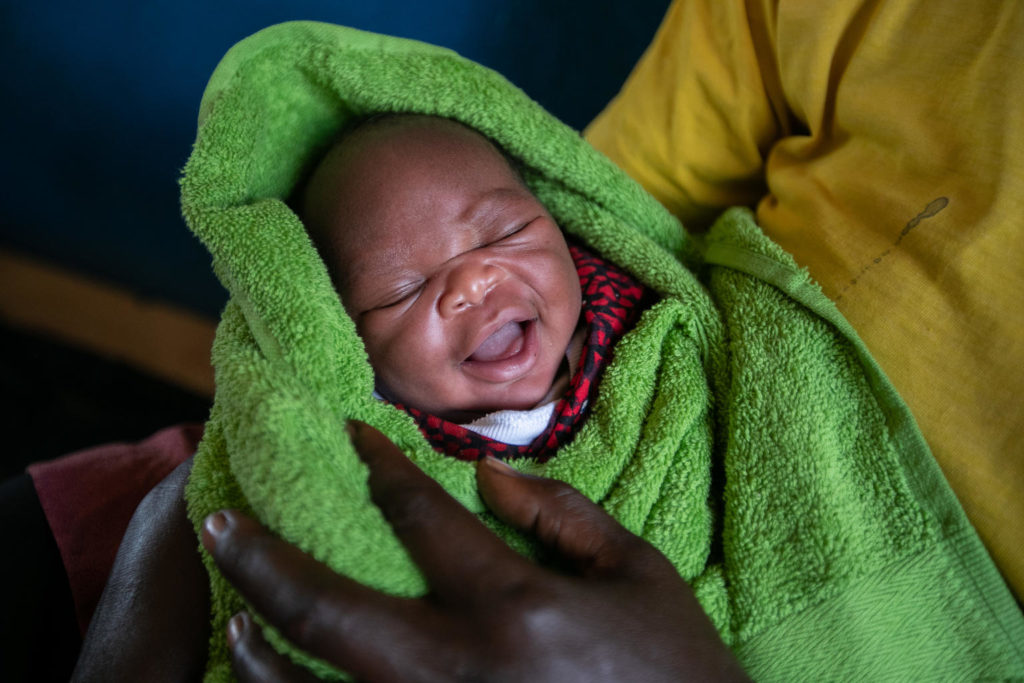The International Monetary Fund (IMF) team, led by Mission Chief Stéphane Roudet, recently concluded a series of meetings in Accra from April 2 to April 15, 2025. These discussions focused on evaluating the progress of Ghana’s policy and reform agenda as part of the nation’s three-year program under the Extended Credit Facility (ECF), totaling SDR 2.242 billion (approximately US$3 billion) and approved by the IMF’s Executive Board on May 17, 2023.
Key Outcomes of the Mission:
– Staff-Level Agreement: The IMF team reached a staff-level agreement with Ghanaian authorities for the fourth review under the ECF. Pending the Executive Board’s approval, Ghana will gain access to an additional SDR 267.5 million (about US$370 million). This will bring the total disbursement amount since May 2023 to SDR 1.708 billion (roughly US$2,355 million).
– Economic Growth: In 2024, Ghana experienced stronger-than-expected growth, fueled by robust mining and construction activities. The external sector saw significant improvements due to increased gold exports, oil sales, and higher remittances, leading to substantial international reserves accumulation surpassing ECF targets.
– Challenges and Reforms: Fiscal challenges emerged towards the end of 2024, partly due to election-period fiscal policies that diverged from the program’s targets. Inflation rates exceeded expectations, and several planned reforms experienced delays. In response, the new government has implemented rigorous measures to correct course and achieve program goals.
Fiscal and Monetary Policy Measures:
– Fiscal Measures: The government initiated an audit of outstanding payables, revealing a primary balance deficit of approximately 3.25% of GDP against the targeted surplus. The 2025 budget now aims for a 1.5% GDP primary surplus, incorporating enhanced public financial management reforms and stricter expenditure controls.
– Monetary Policy: The Bank of Ghana has raised the policy rate and is refining liquidity management to curb inflation. This monetary tightening complements ongoing fiscal consolidation efforts.
Structural Reforms and Social Protection:
– Governance and Transparency: The mission engaged with authorities on enhancing governance and transparency, particularly in managing State-Owned Enterprises within the gold, cocoa, and energy sectors. Reinstating regular electricity tariff adjustments, combined with structural








